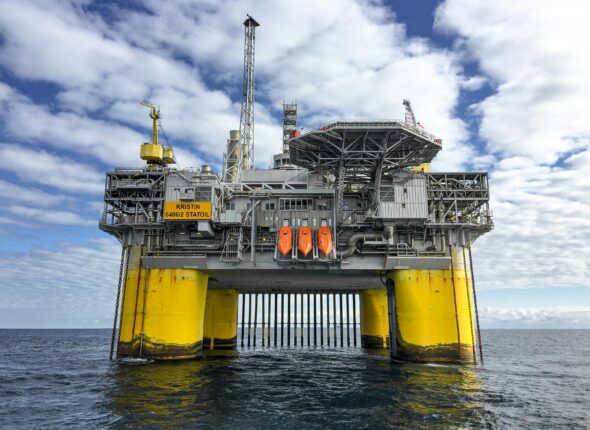Currently Empty: $0.00
- Understand the various types of pollutants and their sources, including air, water, soil, and noise pollution.
- Learn about the technologies and methods used for pollution control and mitigation.
- Gain insights into regulatory frameworks and policies governing pollution management.
- Develop skills for creating and implementing effective pollution management plans.
- Assess the effectiveness of pollution control measures and address emerging challenges in pollution management.





